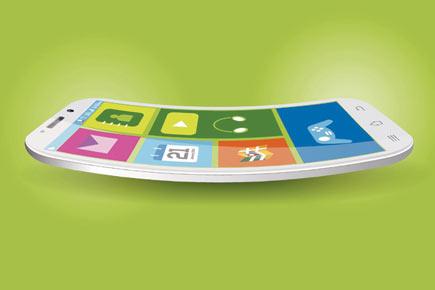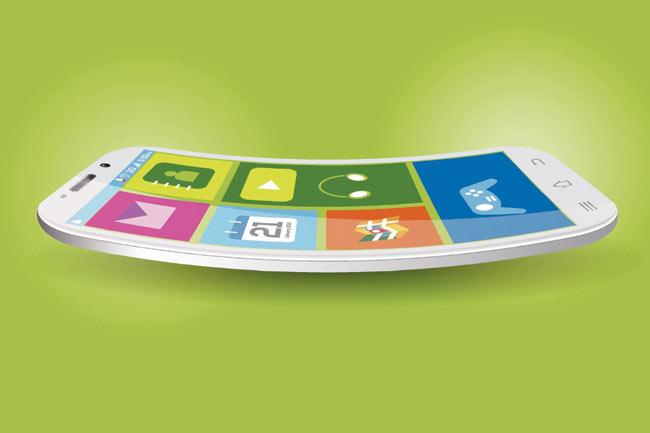Bendy objects make our brains light up with pleasure, reveals study where researchers showed people images of objects with curves

London: Curved screens may seem like a bit of a gimmick, but research suggests the likes of Samsung and LG may be on to something with their bendy devices.
ADVERTISEMENT
Neurologists from Canada measured the brain activity of participants while they were shown images of curved and square objects, architecture, and furniture.

Looks matter: Research suggests that the likes of Samsung and LG may be on to something with their bendy devices. Representation pic/Thinkstock
They discovered curved lines were considered more beautiful than straight lines, and they activated a region of the brain linked with reward.
Lead researcher Oshin Vartanian, from the University of Toronto said curves are considered ‘soft’ and less threatening than sharp corners, which reduces a person’s fear response and makes them feel more comfortable.
To come to this conclusion, Vartanian began by showing participants photos of various objects, rooms, and furniture.
The participants were asked to label each room ‘beautiful’ or ‘not beautiful’, and the curved rooms were 60% more likely to be considered aesthetically pleasing.
The same participants were placed in a functional magnetic resonance imaging (fMRI) machine to study how contours impact brain activity and judgements. As predicted, participants held a preference for spaces that were curved, rather than square.
The scans also revealed that curves activated the anterior cingulate cortex exclusively — a region of the brain linked with reward and emotions.
Vartanian said, “The results suggest that the well-established effect of contour on our preferences can be extended to architecture. Furthermore, the combination of our behavioural and neural evidence underscores the role of emotion in our preference for curvilinear objects in this domain.”
This study confirms previous research carried out by Harvard Medical School.
 Subscribe today by clicking the link and stay updated with the latest news!" Click here!
Subscribe today by clicking the link and stay updated with the latest news!" Click here!






